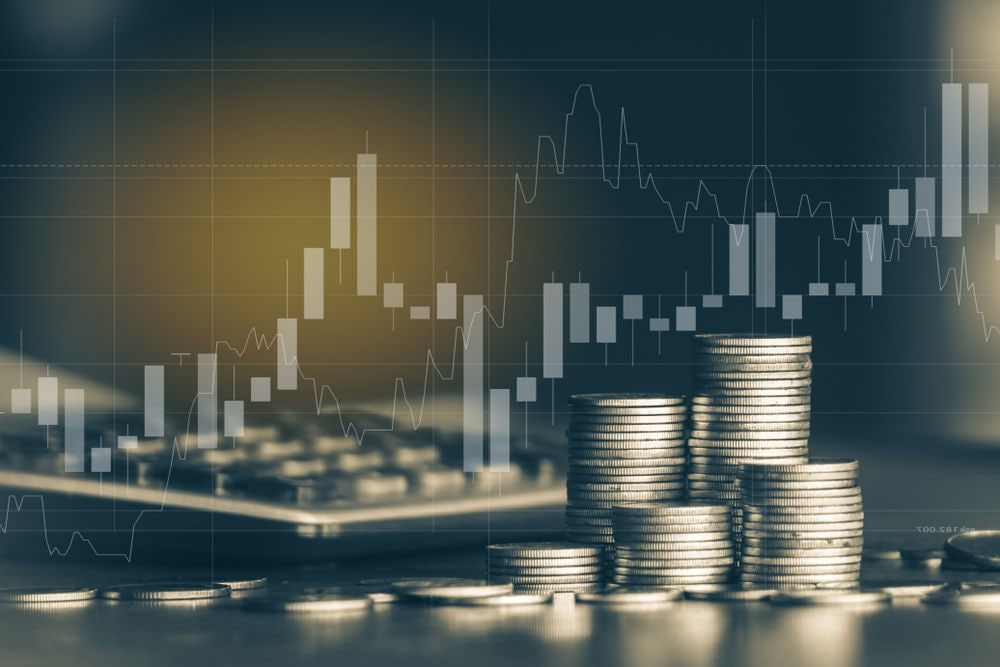Biden Admin Aims to Refill Strategic Oil Reserve: Is This the Right Move?
Meta Description: President Biden's administration plans to buy up to 6 million barrels of oil for the Strategic Petroleum Reserve. This article analyzes the potential impact of this move on oil prices and the US economy, exploring the motivations behind this decision and its implications for the energy landscape.
The White House's latest move to replenish the Strategic Petroleum Reserve (SPR) has sparked debate among energy experts and the public alike. While the administration's goal is to ensure energy security and stability, some argue it's a risky gamble, potentially pushing up oil prices at a time when inflation is already a major concern. This article dives deep into the complexities of this issue, analyzing the potential consequences of the buyback, exploring the history of the SPR, and examining the broader context surrounding the global energy market.
The SPR: A Vital Safety Net?
The Strategic Petroleum Reserve, established in 1975 following the Arab oil embargo, is a critical tool for the US government to mitigate oil supply disruptions and stabilize energy markets. The SPR acts as a massive emergency stockpile of crude oil, designed to cushion the blow of unforeseen events, such as natural disasters, geopolitical turmoil, or production outages.
Why the Refill?
The Biden administration's decision to replenish the SPR, which saw its reserves depleted in 2022 to help lower oil prices, is driven by a number of factors.
- Energy Security: The SPR serves as a vital insurance policy against unexpected oil supply shocks. With geopolitical tensions running high, the administration is likely looking to bolster its energy security in case of disruptions to global oil markets.
- Price Stability: The recent decline in SPR reserves has contributed to concerns about potential price volatility. By replenishing the reserve, the administration aims to mitigate the risk of oil price spikes, which could harm consumers and businesses.
- Inflation: High oil prices are a major driver of inflation. The administration may hope that refilling the SPR will help bring down energy prices and alleviate inflationary pressures.
However, the decision is not without its critics, who argue that it could be counterproductive, potentially driving up oil prices at a time when inflation is already rampant.
The Potential Impact on Oil Prices
The impact of the SPR refill on oil prices is a complex issue with no easy answers. Here's a breakdown of the potential outcomes:
- Increased Demand: The government's purchase of 6 million barrels of oil will inevitably increase demand in the market, potentially pushing prices higher.
- Reduced Supply: The buyback will temporarily reduce the supply of oil available on the open market, leading to a tightening of supply and potentially higher prices.
- Market Sentiment: The SPR refill could signal an increase in perceived energy security, boosting market confidence and potentially moderating price increases.
The SPR's Role in the Global Energy Landscape
The Strategic Petroleum Reserve is not just a US-specific initiative; it plays a crucial role in the global energy landscape.
- International Cooperation: The SPR can be used to provide emergency oil supplies to other countries, fostering international cooperation and stability.
- Global Price Impact: The SPR's actions can have a significant impact on global oil prices, influencing the decisions of other oil-producing and consuming countries.
The Future of the SPR
The Biden administration's decision to refill the SPR is a clear signal of its commitment to energy security and stability. However, the impact of this move on oil prices and the global energy landscape remains to be seen. The long-term effectiveness of the SPR will depend on a number of factors, including:
- Energy Transition: As the world transitions to cleaner energy sources, the role of oil will inevitably decline, potentially diminishing the importance of the SPR.
- Geopolitical Stability: The SPR's effectiveness hinges on a predictable and stable global energy environment. Rising geopolitical tensions and disruptions to oil production could render the SPR less effective.
- Global Cooperation: For the SPR to be truly effective, it requires international cooperation and coordination, particularly in the event of global energy crises.
Conclusion
The Biden administration's decision to refill the Strategic Petroleum Reserve is a complex issue with far-reaching implications. While the move is intended to ensure energy security and stability, it could also have unintended consequences for oil prices and the global energy market. The long-term effectiveness of the SPR will depend on a number of factors, including the pace of the energy transition, geopolitical stability, and international cooperation.
FAQs
Q: What is the Strategic Petroleum Reserve, and why is it important?
A: The Strategic Petroleum Reserve (SPR) is a massive emergency stockpile of crude oil maintained by the US government. It serves as a buffer against oil supply disruptions, helping to stabilize prices and ensure energy security.
Q: How much oil is currently in the SPR?
A: The SPR's reserves have been depleted in recent years, but the administration is aiming to replenish them to a level of 600 million barrels.
Q: What are the potential consequences of refilling the SPR?
**A: ** Refiling the SPR could increase demand for oil, potentially driving up prices. However, it could also help to stabilize prices and mitigate the risk of future supply shocks.
Q: How does the SPR impact the global energy market?
A: The SPR's actions can have a significant impact on global oil prices, influencing the decisions of other oil-producing and consuming countries. It also serves as a symbol of US energy security and can be used to provide emergency supplies to other nations.
Q: Will the SPR be relevant in the future as the world transitions to renewable energy?
A: The long-term relevance of the SPR is uncertain. As the world transitions to cleaner energy sources, the role of oil will inevitably decline. However, the SPR could still play a role in providing stability during the transition period, especially if global energy markets experience disruptions.
Q: What are the potential risks associated with the SPR refill?
A: One risk is that the buyback could push up oil prices at a time when inflation is already high. Another risk is that geopolitical instability could render the SPR less effective. Finally, the SPR's long-term effectiveness depends on international cooperation, which is not always guaranteed.



